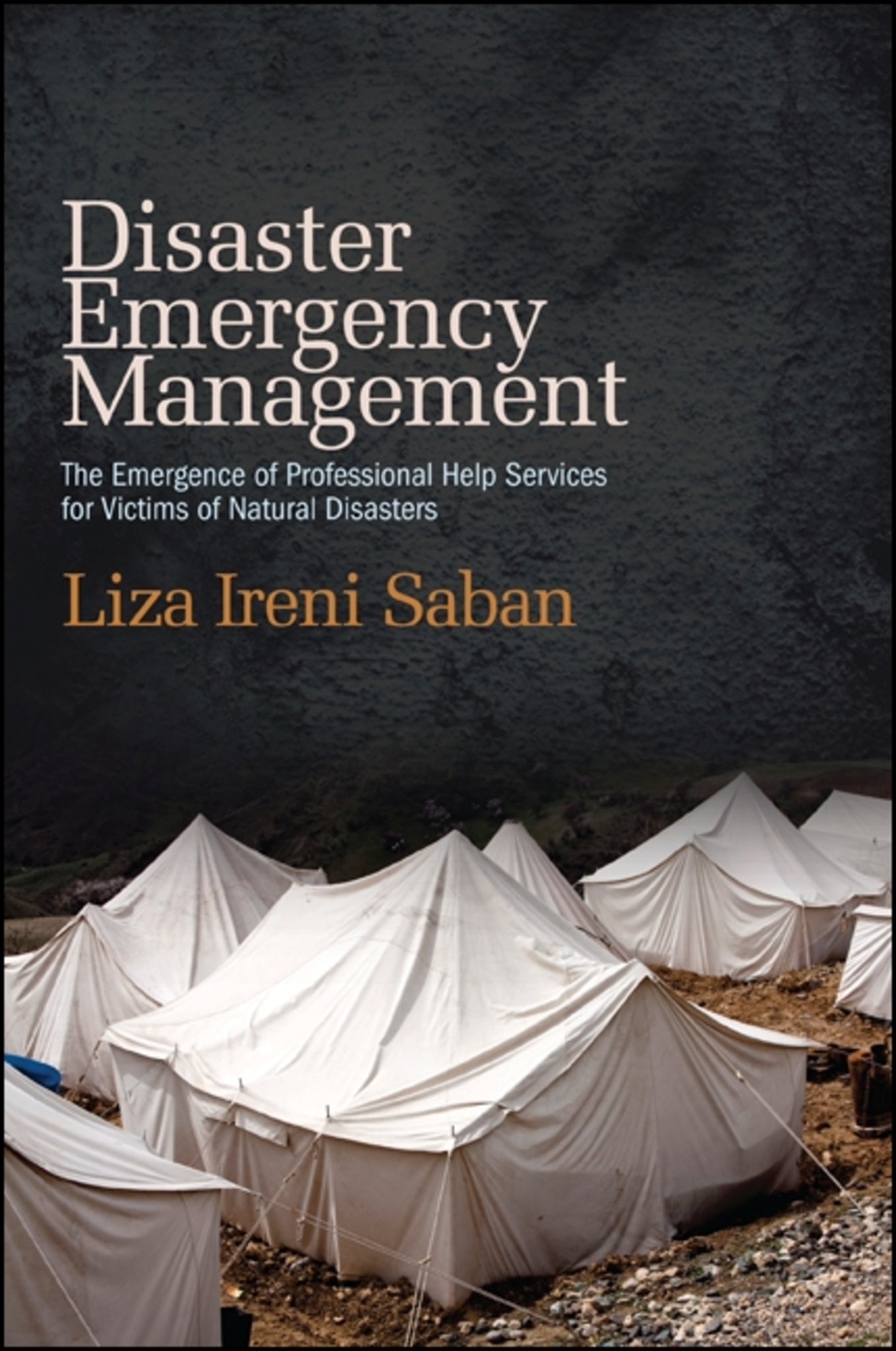We're sorry. An error has occurred
Please cancel or retry.
Disaster Emergency Management

Some error occured while loading the Quick View. Please close the Quick View and try reloading the page.
Couldn't load pickup availability
- Format:
-
01 July 2014

Examines how public officials in the US, China, Japan, and Indonesia have interacted with communities affected by natural disasters.
Survival in times of disaster is a question of utmost importance to both the victims of those events and to the professionals and people in authority who are there to serve them. In Disaster Emergency Management, Liza Ireni Saban examines what leads some nations, communities, and individuals to rise to the occasion during these times of trauma, while others do not. Utilizing case studies of China, Indonesia, Japan, and the United States, she focuses in particular on the dilemma faced by local emergency officials who, rather than elected officials, find themselves "on the front lines," suddenly confronted with complex public problems. Recent studies have pointed to a breakdown of government and bureaucratic decision making in the face of intense crisis situations. Saban demonstrates the inadequacies of grappling with what are in truth contested ethical issues within a framework whose approach is technical-rational. She draws on communitarian ethics to redefine the role of the bureaucrat so that community resilience, through attention to local values and needs, is fostered prior to the actual crisis.


List of Illustrations
Acknowledgments
Introduction
1. Introduction to Disaster Management
2. Defining Disaster Vulnerability
3. Vulnerability Assessment of Disaster Management Doctrines
4. Applying Communitarian Social Justice in Public Administration Ethics
5. Walzer’s Communitarianism in the Service of Disaster Resilience and Doctrine
6. Comparative Analysis of Community-Based Disaster Resilience Policies
7. Administration and Community Collaboration in Disaster Management
Notes
References
Index



